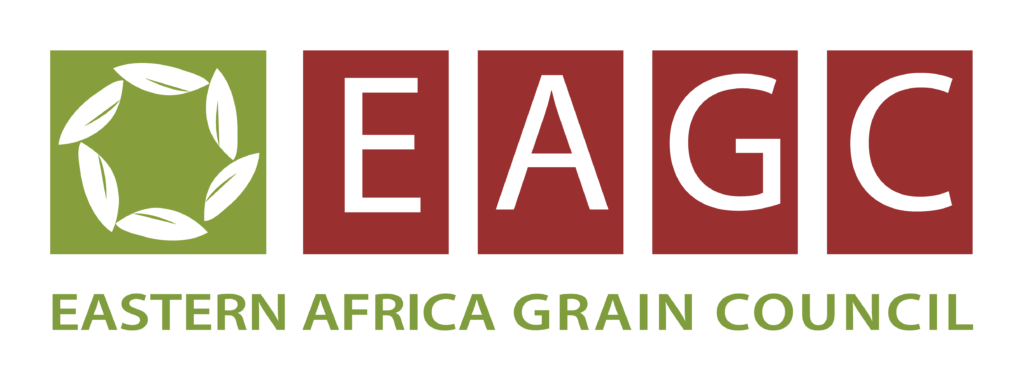EAGC participated in a workshop to discuss the possible institutional framework for conducting reviews of measures under the Control of Goods Act (COGA). The workshop organized by the Ministry of Trade and Industry in collaboration with IFC/World Bank was held on 29th March, 2022 at Sigelege Beach Resort in Salima District.
Stakeholders present in the meeting include development partners – IFC/World Bank, Government departments and agencies – Ministry of Trade and Industry, Ministry of Agriculture, National Food Reserve Agency (NFRA), Malawi Revenue Authority (MRA), Industry Associations – Farmers Union of Malawi (FUM) and Grain Traders and Processors Association (GTPA), and the Private Sector – Seed Co Malawi Limited, Agricultural Marketing Development Corporation (ADMARC),Malawi Investment and Trade Centre, Malawi Confederation of Chambers of Commerce and Industry (MCCCI), Famine Early Warning Systems Network (FEWSNET) and Agricultural Commodity Exchange (ACE).
The Control of Goods Act 2018 provides that the Minister responsible for Trade conducts reviews of measures implemented under the act, either automatically after a set period or after application made by an interested party. The Act was instituted to protect infant industries, protect public health and create food security. This has however been causing sudden import and export bans which have negatively affected commercial farmers especially those into maize trading in the grain value chain.
During the meeting, it was noted that the Control of Goods Act 2018 and Control of Goods Regulations 2020protect manufacturers at the cost of farmers hence there is need to address concerns that COGA scope does not cover protection of commercial farmers.
The Ministry of Agriculture noted that smuggling of maize which is rampart in Malawi affects the Malawi Food Balance Sheet (FBS) which is mainly dominated bymaize and rice. However, FEWS NET noted that large scale smuggling is largely contributed to by maize export bans which lead to huge losses for large commercial farmers. FEWS NET called upon stakeholders to share information on informal cross-border trade which has the potential to inform policy makers in making appropriate decisions, particularly given that Malawi records the lowest maize prices in the region yet informal traders in the country import more maize than they export.
IFC confirmed its commitment in supporting the implementation of COGA through supporting the warehouse receipt systems and putting into consideration the review of COMEX capacity in the country.

